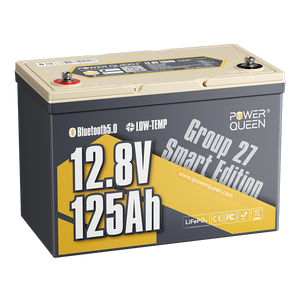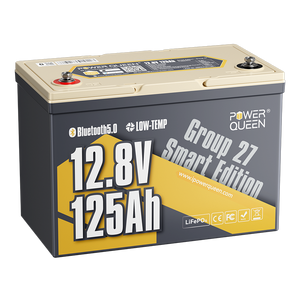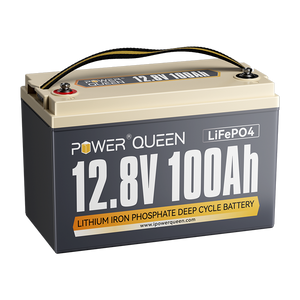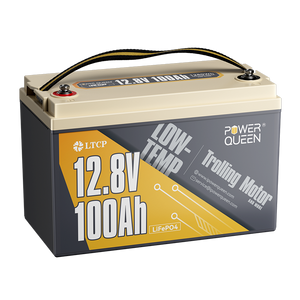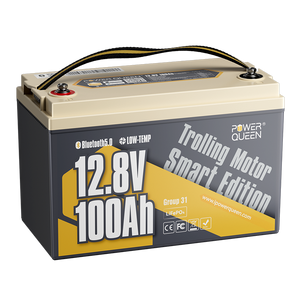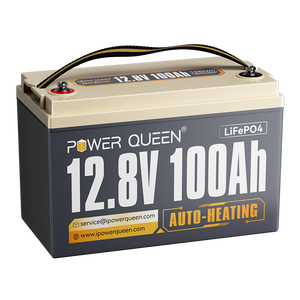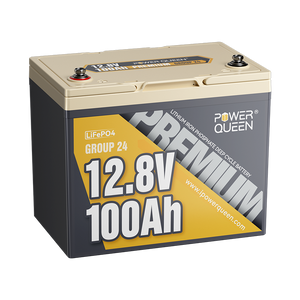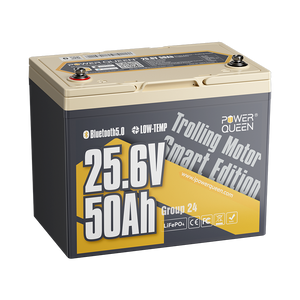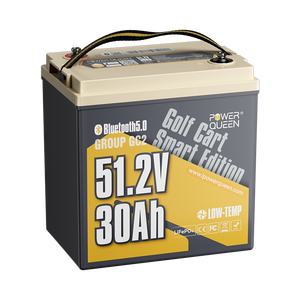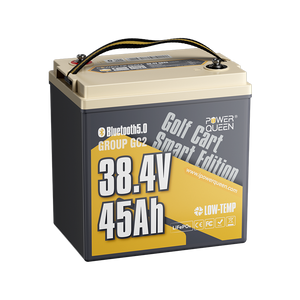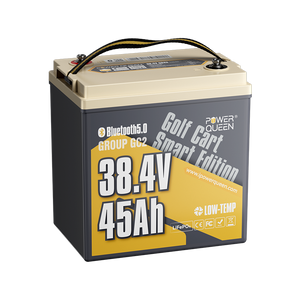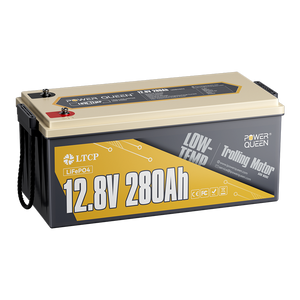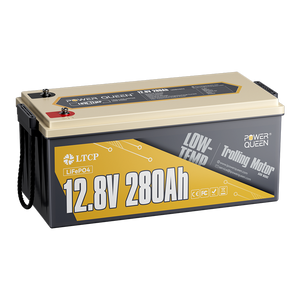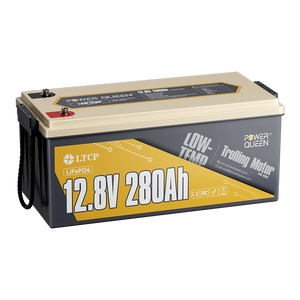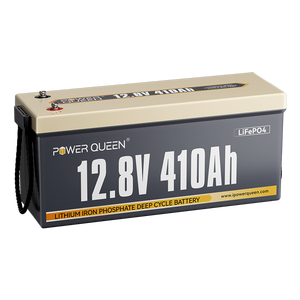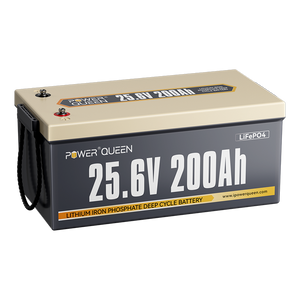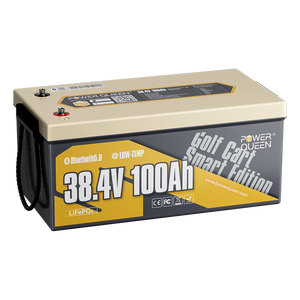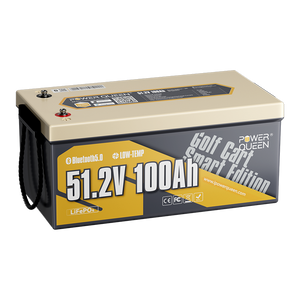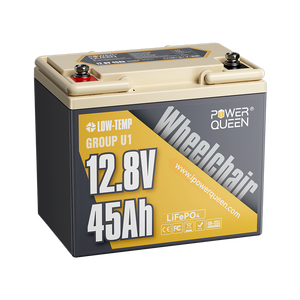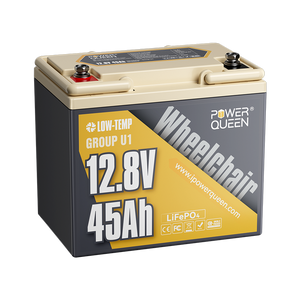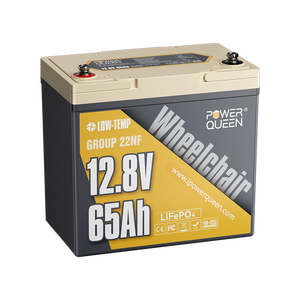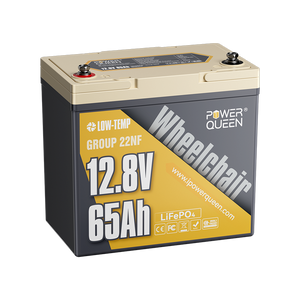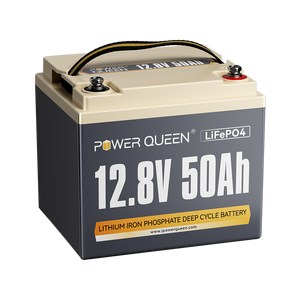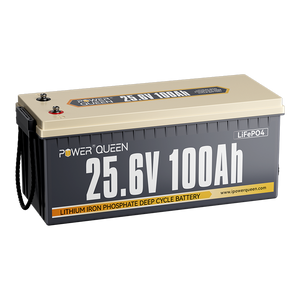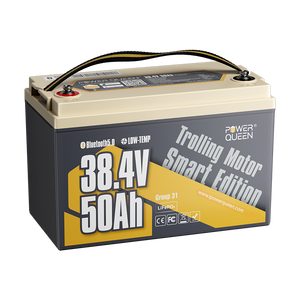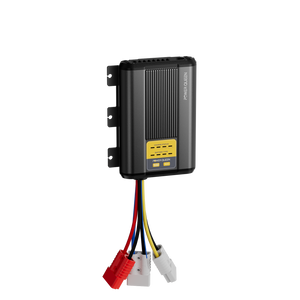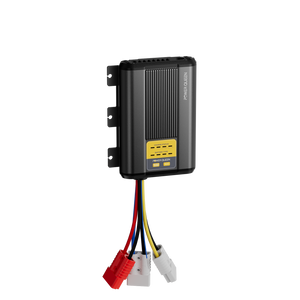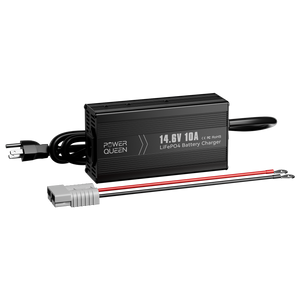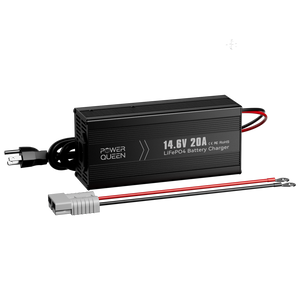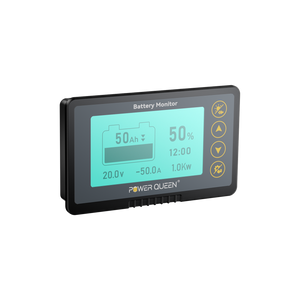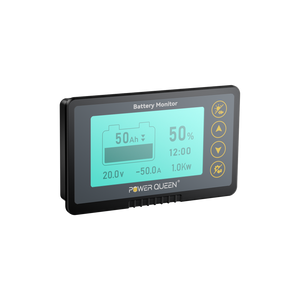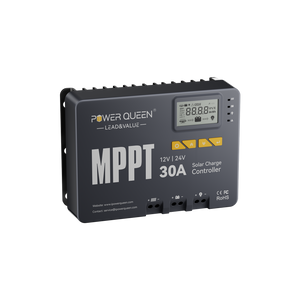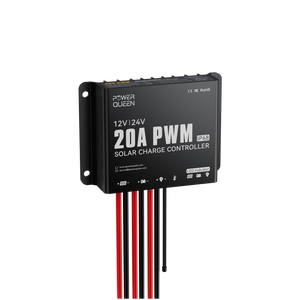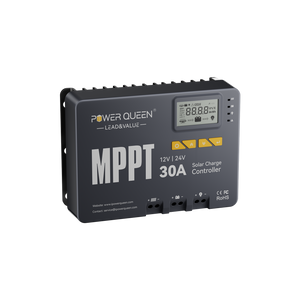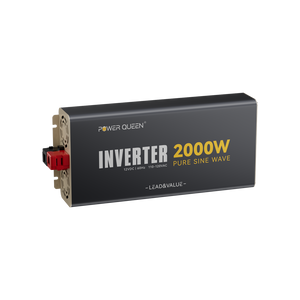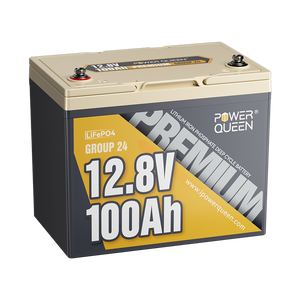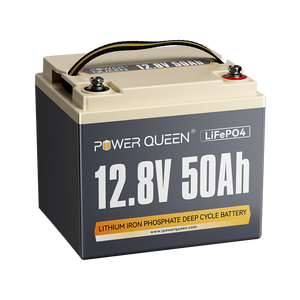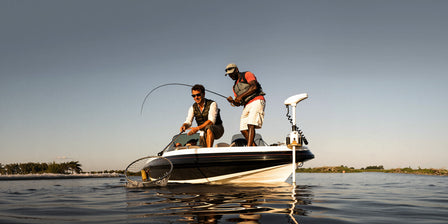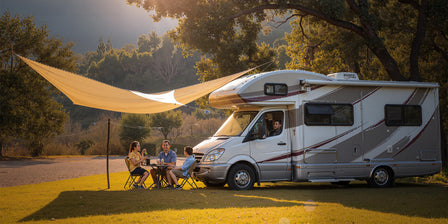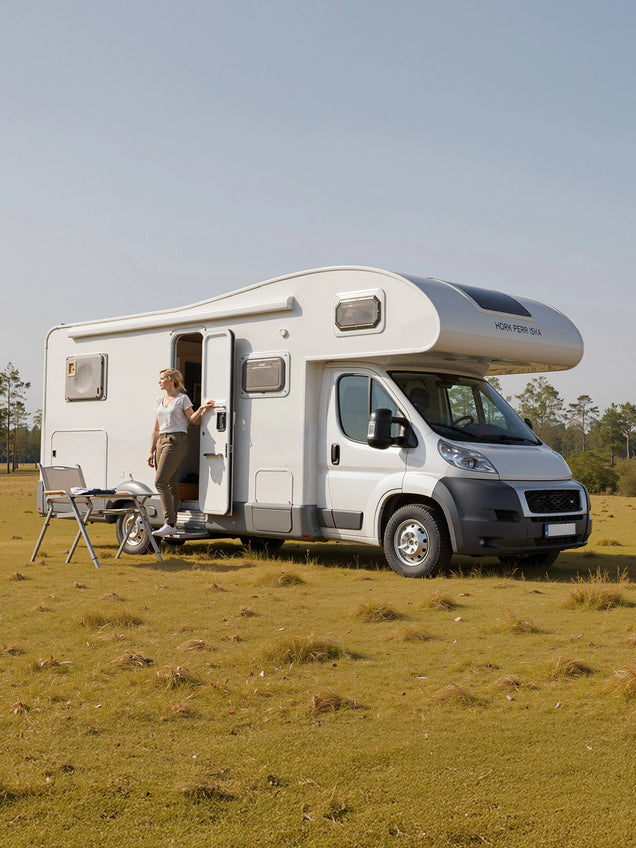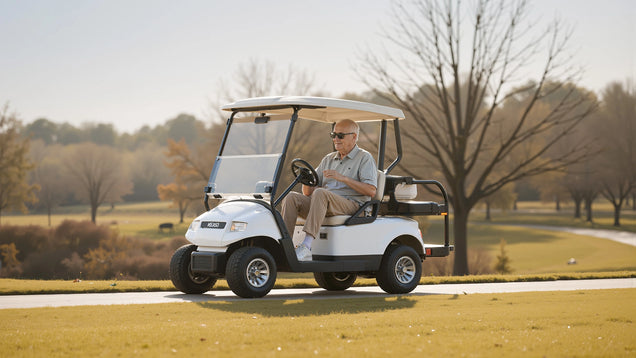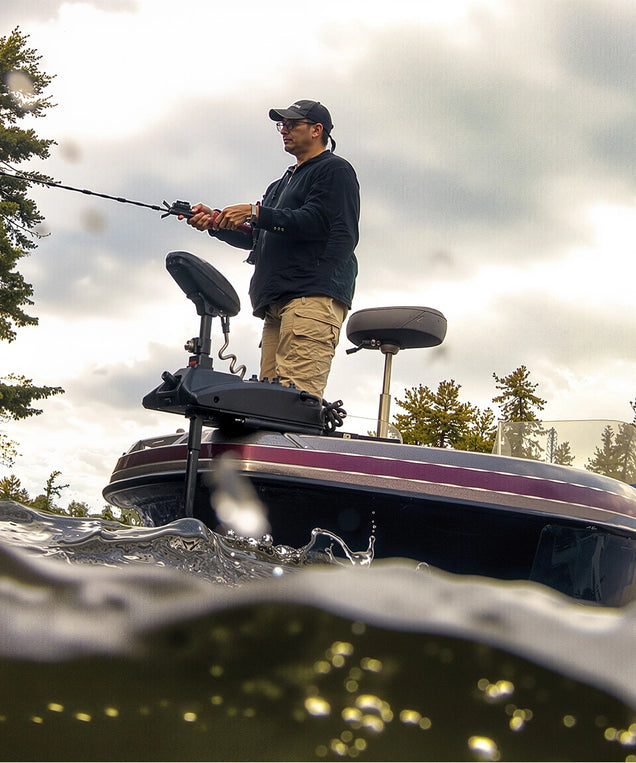What Happens If A Lithium Battery Gets Wet? How To Take Precautions
Because of their long lifespan and high energy density, lithium batteries are frequently found in a wide range of electronic gadgets. However, people frequently worry about what would happen if a lithium battery got wet. This post will discuss the possible dangers of exposing lithium batteries to moisture, safety measures to take, and ways to lessen damage.
Table of Content
- Part 1. Can Lithium Batteries Withstand Water Exposure?
- Part 2. What Happens When Lithium Batteries Encounter Water?
- Part 3. How Salt Water Impact a Lithium Battery?
- Part 4. Can You Recharge Wet Lithium Batteries?
- Part 5. Can I Leave Lithium Batteries Outside?
- Part 6. What Precautions Should I Take to Prevent Lithium Batteries Getting Wet?
- Part 7. How to Make Your Batteries Waterproof
- Part 8. How Secure Are Lithium Batteries on a Boat?
- Part 9. Don't Worry If Your Lithium Batteries Get Wet
Part 1. Can Lithium Batteries Withstand Water Exposure?
The quality of lithium batteries and the manufacturer's design determine how long they can survive being exposed to water. Power Queen Batteries, for example, are completely sealed and have an IP65 classification, which means they are water resistant and can function at their best even in situations that are just mildly damp. However, because water may seep into the battery, extended exposure to high moisture levels can cause irreversible harm.

It's important to comprehend the manufacturer's water exposure requirements while thinking about other kinds of lithium-ion batteries. Although the majority of lithium batteries have sealed cells, each manufacturer has a different amount of water resistance. The battery's condition can be greatly impacted by the amount and length of water exposure. Although many lithium batteries can withstand rain or unintentional splashing, it is best to follow the manufacturer's instructions and, if required, take extra care to avoid water exposure.
Submerging any lithium battery in water can seriously harm it, lowering its performance or even making it unusable, even though different types of lithium batteries have differing levels of water resistance. Batteries must thus be shielded from excessive exposure to water. Any kind of lithium battery should not be submerged in water to avoid possible damage, even if Power Queen Batteries can tolerate some moisture and continue to operate at their best.
1.1 What is an IP65 Rating?
An electrical enclosure's level of protection against solid objects, dust, and water penetration is categorized using the IP65 rating standard. In IP65, the "IP" stands for "Ingress Protection," while the "65" denotes the degree of security.
An IP65 rating specifically denotes the following:
- Solids: The rating's "6" denotes that the enclosure is dust-tight, which means it offers total defense against the entry of dust and other solid particles.
- Liquids: The rating's "5" denotes that the enclosure is shielded from low-pressure water jets coming from any angle. This indicates that water sprayed against the enclosure from any angle using a 6.3 mm nozzle won't damage it.
In actuality, an IP65-rated device or enclosure is ideal for outdoor use in settings where exposure to water and dust is a problem. It offers a high degree of protection from these factors, which makes it appropriate for a variety of uses, such as electrical enclosures, outdoor lighting, and specific consumer devices.
Part 2. What Happens When Lithium Batteries Encounter Water?
The amount and length of water exposure have a significant influence on how lithium batteries are affected. Power Queen Batteries' sealed design protects vital battery components from damage by providing protection against sporadic water exposure. Long-term exposure to water, however, can cause harm, especially to delicate parts like battery connections. Water might cause potentially dangerous chemical reactions if it gets to the battery's internal components.
An accidental discharge and possible battery damage could result by submerging a lithium battery in water, which could open a channel for current to pass between the terminals. As a result, even though Power Queen Batteries and other premium lithium batteries may withstand some moisture and continue to function, prolonged exposure to water is essential to the battery's longevity and safety.
Part 3. How Salt Water Impact a Lithium Battery?
Lithium batteries may suffer negative effects from exposure to salt water. A lithium battery may have a number of problems if it comes into touch with salt water:
- Corrosion: The dissolved salts in salt water make it extremely corrosive, which can cause the battery's terminals and other metallic parts to corrode. The battery's electrical conductivity may be compromised by this corrosion, which could result in a drop in performance.
- Short circuits: Salt water conducts electricity well. It may create a direct conduit for electricity to flow if it gets inside the battery shell, which could result in a short circuit. This presents serious safety issues since it may cause overheating, leaks, or even fire.
- Chemical reactions: Salt water can cause chemical reactions inside the battery, which could result in the creation of hazardous substances and hasten the deterioration of internal parts.
- Reduced lifespan: A lithium battery's lifespan can be considerably shortened by prolonged contact to salt water. The battery may fail too soon as a result of internal damage and the corrosive nature of salt water.
It is advised to use Power Queen Trolling Motor Lithium batteries in marine applications to reduce the damage caused by salty water to lithium batteries. This is because the batteries have an upgraded BMS that is resistant to moisture, dust, water, and salt spray, making them reliable in humid conditions.

Suggest reading: What Size Trolling Motor Do I Need [Type & Size]
Part 4. Can You Recharge Wet Lithium Batteries?
Keeping your battery dry is ideal. Recharging it should not be an issue if it is exposed to a slightly moist environment or comes into touch with small amounts of water. However, never attempt to recharge a battery that is immersed or in water.
Recharging a submerged lithium battery can result in a number of dangerous consequences:
- Short circuits: Liquid or moisture enhances the battery's vulnerability to short circuits, which can cause overheating, leaks, or even fire.
- Corrosion: Recharging the battery might hasten corrosion and cause additional damage if the internal parts or battery terminals have been exposed to dampness.
- Electrical hazards: Because moisture can provide an unpredictable path for electricity to flow, charging a wet lithium battery might provide serious electrical risks that could result in harm or damage to the charging apparatus.
Part 5. Can I Leave Lithium Batteries Outside?
Since lithium batteries are completely sealed to safeguard their interior components, there is no inherent risk when storing lithium batteries outside. Furthermore, LiFePO4 batteries can function well in a variety of climatic circumstances because of their wide temperature range design. Lithium batteries shouldn't be harmed by occasional outdoor storage given these considerations.
To maintain the batteries' longevity, however, extended exposure to the weather should be avoided. In order to keep them operating at their best and eventually save money and inconvenience, it is essential to protect them from rain, wind, water, and extremely high or low temperatures. Making sure your batteries last is a top concern after spending time and money on them.
Part 6. What Precautions Should I Take to Prevent Lithium Batteries Getting Wet?
Take into account the following safety measures to protect your lithium batteries from moisture:
- Storage: Batteries should be kept in a safe, dry place away from places where they may be exposed to water.
- Sealing: To stop water intrusion, make sure battery compartments in gadgets or storage containers are correctly sealed.
- Protection: When carrying or storing batteries in areas where moisture is an issue, use watertight cases or covers.
- Avoid submersion: Lithium batteries should never be exposed to extreme moisture or submerged in water.
- Regular checks: Check battery enclosures and seals on a regular basis for wear or damage that can jeopardize their waterproofing.
By following these guidelines, you can lessen the chance that moisture will affect the quality and performance of your lithium batteries.
Part 7. How to Make Your Batteries Waterproof
Waterproofing your lithium batteries is essential if you anticipate them to be exposed to high levels of moisture on a regular basis. The batteries can be tightly wrapped or coated with waterproof materials such as silicone, rubberized paints, or urethane waterproof coatings in addition to having safe, dry-box-style battery compartments. As long as the terminals and other vital components of your lithium battery are still reachable and operational, these materials offer an extra degree of security.
Part 8. How Secure Are Lithium Batteries on a Boat?
Lithium marine batteries are extremely safe to use on the water under typical conditions and with minimal care. They are actually the best option for people who need marine batteries that can be charged quickly, store a lot of energy, and work in practically any environment. Lithium batteries are less dangerous in the event of choppy seas and provide a wider range of mounting possibilities than lead-acid batteries.
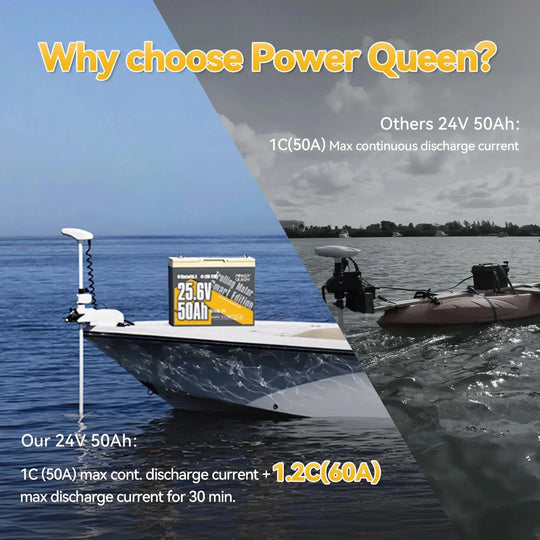
Because lithium batteries are fully sealed, there is a lower chance of water-related issues or damage. Lithium-iron phosphate (LiFePO4) is a very safe and stable lithium battery chemistries, but some of them are more volatile and prone to thermal runaway. You may be sure that you have the safest power source available when your sailing or marine craft is powered by a Power Queen trolling motor series.
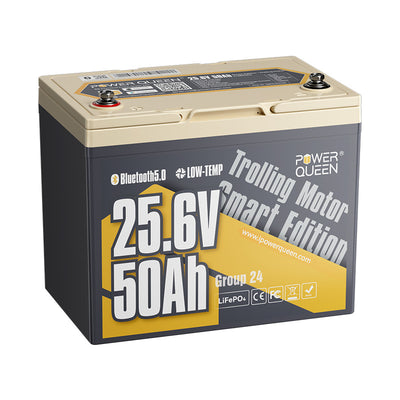

Part 9. Don't Worry If Your Lithium Batteries Get Wet
Are lithium batteries able to withstand moisture? Yes, is the response! Because Power Queen Batteries have an IP65 rating, they are water-resistant and splashproof. They may withstand direct exposure to water without experiencing significant or long-lasting harm because of their sealed architecture.
Even though extended exposure to water can be hazardous, taking the right measures will guarantee that your batteries continue to work at their best. Power Queen LiFePO4 batteries remain the best option for marine applications because to their outstanding performance, unparalleled quality, and outstanding safety ratings.
